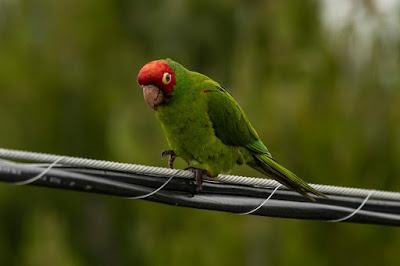Plato said, "You can discover more about a person in an hour of play than in a year of conversation."
Play promotes curiosity, seeks novelty, teaches perseverance, and invites creativity. It even nourishes the immune system. Each person has a unique play personality. When one gets in touch with it, the pleasures and fun abound.
Animals have a lot to teach human beings. If you've ever dangled a string in front of a cat or played ball with a dog, you've seen their playful expressions in action.
In his book, THE GENESIS OF ANIMAL PLAY, Gordon Burghardt, a psychology professor at the University of Tennessee, reports playful behavior in lizards, turtles, and birds. Even fish have been known to amuse themselves.
Stuart Brown, one of the authors of PLAY: HOW IT SHAPES THE BRAIN, OPENS THE IMAGINATION AND INVIGORATES THE SOUL, believes in the necessity of play for children and adults. Brown's organization, the National Institute for Play, focuses on making human play a "credentialed discipline in the scientific community."
Children have lost touch with tree climbing and scouting for discoveres in nature. Computer games attract them more than wriggly creatures, birdsong, or flying clouds.
Nagel Jackson writes, "The truly great advances of this generation will be made by those who can make outrageous connections, and only a mind which knows how to play can do that."
Play in a freewriting exercise reveals attracts ideas that will evolve into stories and poems. Problems find solutions through activities that have no specific goal. They flow in a fun process.
In today's fast-paced world, taking time to play - really play - feels frivilous to many.
BECOME PLAYFUL. You may have to work at it.
How will you play in your writing today? Dangle words and images, make connections and search for nuances.
A few play starters:
What would you do with a teapot, a jar of maple syrup, a parakeet and a harmonica?
Create a story about a cardboard box you can crawl into, a blanket, a flashlight, bananas and daisies.
Go for a walk and choose five items. Touch, smell, listen and notice their characteristics. Play and Write.
Make faces at someone and write their reactions.
Teach a mockingbird your school's fight song.
Create a sand castle with a crocodile.






































